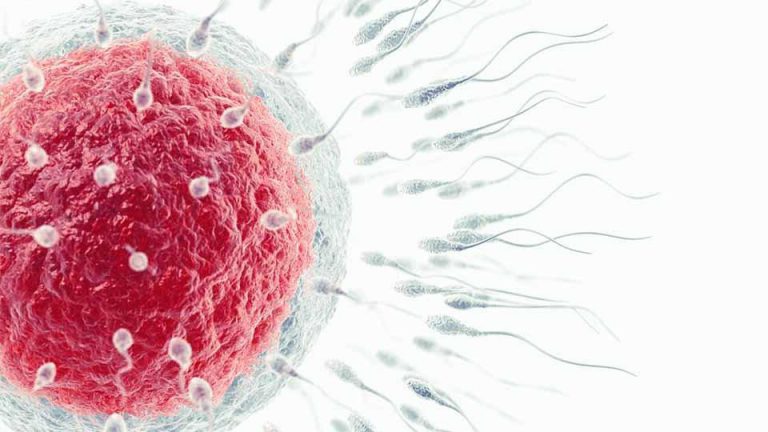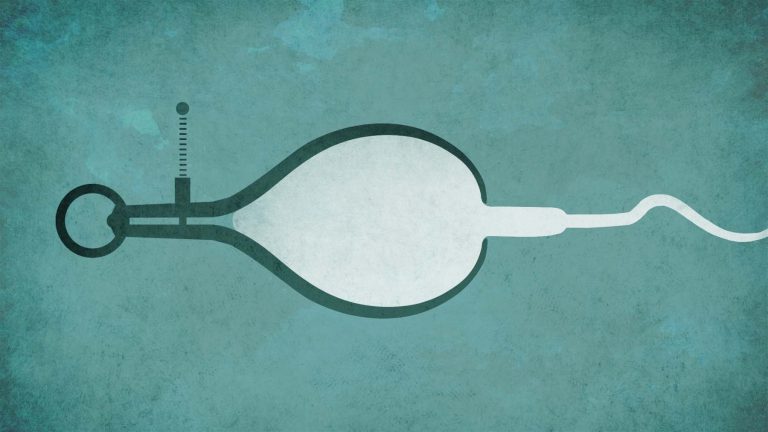Recurrent Pregnancy Loss
Recurrent pregnancy loss is the term used when a woman has 2 or more clinical pregnancies which end in miscarriage before the pregnancies reach 20 weeks of gestation. Clinical pregnancies are pregnancies that have been confirmed on ultrasound by a health-care provider.
Pregnancies that have been detected via a blood or urine test, but end before they can be visualized on ultrasound, are classified as chemical pregnancies and are treated differently.
It is estimated that fewer than 5% of women will experience recurrent pregnancy loss, and fewer than 1% of women will experience 3 or more clinical miscarriages.
Causes of Recurrent Pregnancy Loss
There are a small number of recognized causes of recurrent pregnancy loss. These causes are often grouped together by type:
Genetic Causes:
The majority (60%) of miscarriages of all types are caused by genetic abnormalities, such as having too many chromosomes, or too few. Most of these abnormalities are random copy errors, but sometimes, they are the result of one or both parents carrying chromosome translocations, which are structurally irregular chromosomes that can cause genetic disorders. As a result, parents who undergo multiple miscarriages often undergo chromosomal testing.
Physical Causes:
Sometimes, the shape of a woman’s uterus may be abnormal, making it difficult to sustain a growing pregnancy. Other anatomical issues which could lead to miscarriages include uterine fibroids (harmless tumors that grow in the uterus) and having a band of tissue called a septum in the uterus, which may make the uterus too small to support a pregnancy.
Physical abnormalities can typically be detected using ultrasound, X-ray, MRI, or hysteroscopy (using a camera to look inside the uterus). Depending on the physical problem found, surgery may be used to correct the problem.
Autoimmune Causes:
Although doctors aren’t sure how all autoimmune conditions affect pregnancies, one condition – Antiphospholipid syndrome – is clearly associated with recurrent pregnancy loss. By some estimates, as many as 42% of women with diagnosed recurrent pregnancy loss have tested positive for antiphospholipid antibodies.
Women with recurrent pregnancy loss, especially those with other hallmarks of the disease (such as stroke, thrombocytopenia, lupus (SLE) or thromboembolisms), should be tested for anticardiolipin antibodies and lupus anticoagulant.
Hormonal (endocrine) Causes:
Maternal endocrine disorders — like diabetes, thyroid dysfunction, PCOS, or hyperprolactinemia — are implicated in about 17% to 20% of cases of recurrent pregnancy loss.
Most women will have their TSH (thyroid stimulating hormone) levels tested, and depending on the woman’s medical history, their serum prolactin or other hormone levels. Diabetes and thyroid dysfunction pose less of a risk for miscarriage if they are under control. PCOS can be difficult to treat, but patients may find that progesterone supplementation can improve pregnancy rates.
Unexplained Causes:
In over 50% of cases of recurrent pregnancy loss, the cause of recurrent pregnancy loss is unexplained, which means a medical professional cannot diagnosis the problem leading to the miscarriages. However, it’s not hopeless. Even after 3 miscarriages, a woman has a 60%-80% chance of eventually having a successful pregnancy (depending on her age and health, and the age and health of her partner).







